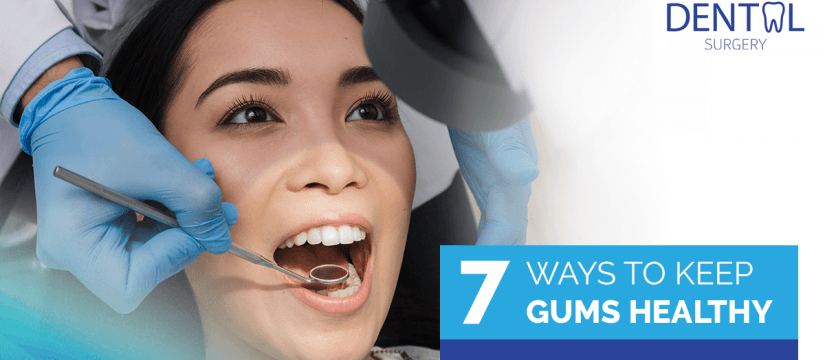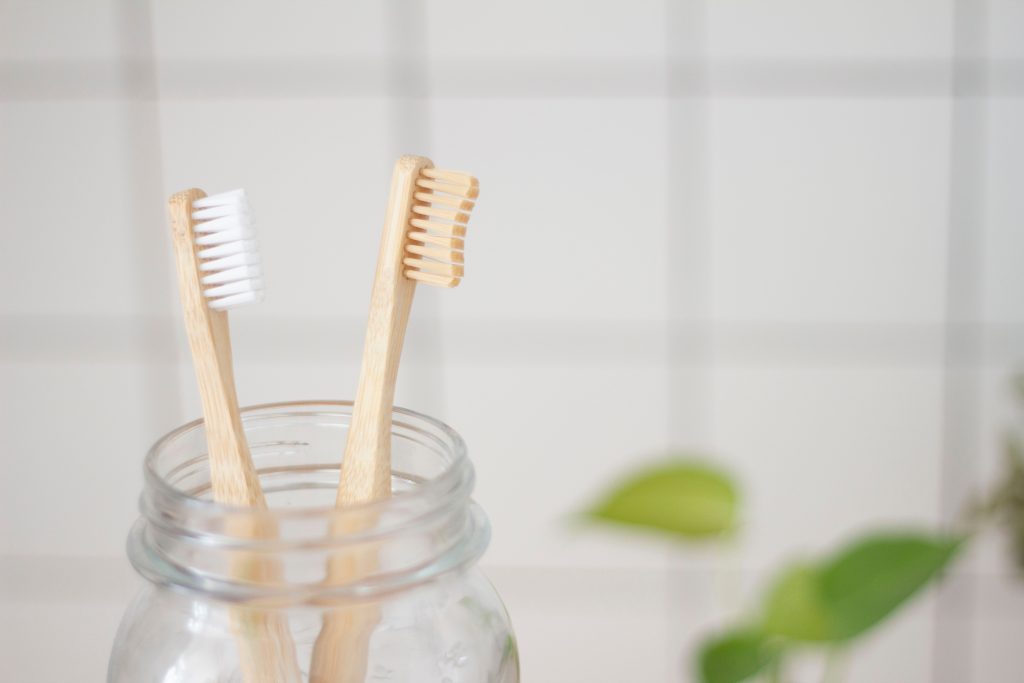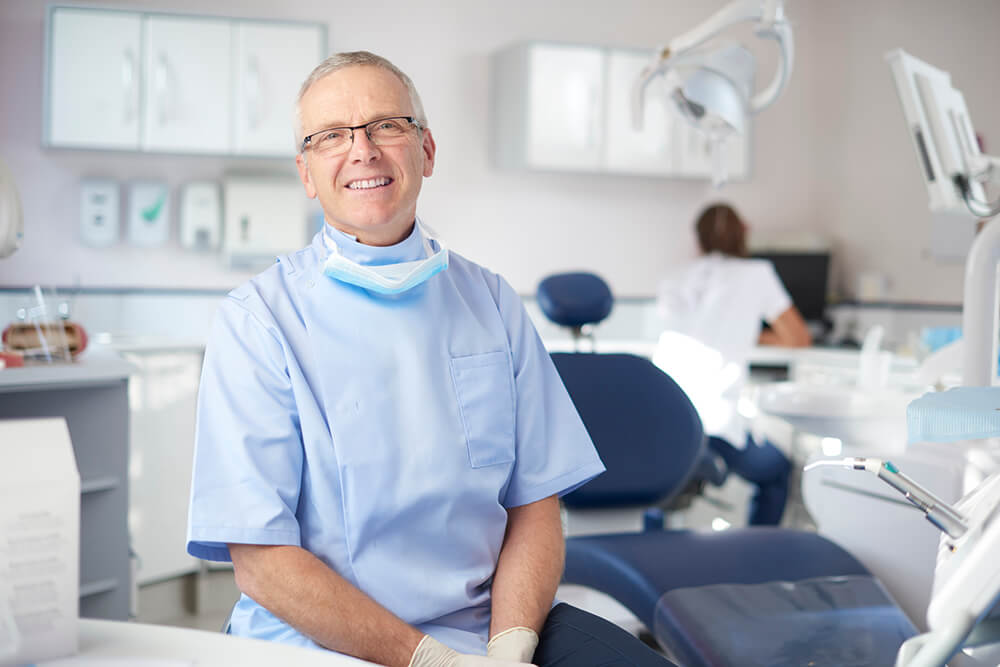
Keeping gums healthy is an important, yet often overlooked, part of dental care.
Most people tend to overlook their gums when it comes to oral health; instead focusing on achieving a white, bright smile instead.
It’s important to understand, however, that great looking teeth does not come at the expense of unhealthy gums. Healthy teeth require healthy gums, and gum disease can lead to tooth loss.
Here’s 7 ways to keep your gums healthy:
#1 – Brush your teeth correctly
Brushing your teeth properly is the key to having a healthy mouth.
While it may seem like brushing teeth is common sense, few people actually do it properly.
Here’s what proper oral hygiene looks like:
- Brush at least twice a day using a soft-graded toothbrush and fluoride toothpaste
- Brush your teeth at a 45-degree angle to the gums
- In a gentle motion, move your toothbrush in short strokes
- The insides of your teeth can be cleaned by brushing vertically along each tooth
- Don’t forget to replace your toothbrush every couple of months, once the bristles start to fray
#2 – Choose the right toothpaste
With many different brands and types of toothpaste on the market, it can be difficult to work out what’s best for you.
Toothpastes can vary in content; from baking soda, to whitening ingredients, and the list goes on.
Products aside, the most important ingredient that you need in your toothpaste is fluoride.
Fluoride is an important mineral that aids in fighting tooth decay and protects your tooth enamel.
#3 – Floss every day
Unfortunately, many people neglect flossing their teeth as part of their daily regime.
Flossing is extremely important, as it aids in the removal of food and plaque from areas that brushing often can’t; such as in between teeth and gums.
When food is left in these areas, the result often leads to tartar buildup, which only a dentist can remove safely using specialised equipment.
Flossing after brushing your teeth is recommended.
#4 – Take extra caution rinsing your mouth after brushing
As mentioned earlier, fluoride is an important ingredient found in toothpaste.
It works by protecting the tooth enamel.
However, often after brushing teeth, people often rinse their mouths, consequently washing away the fluoride with it.
Whilst there’s no mistake in washing your mouth after brushing, it’s important to do this gently and with care, so that the fluoride is not compromised.
#5 – Use a mouthwash after brushing
Using a mouthwash after brushing is a great way to further protect yourself from developing gum disease, reduce the speed of tartar build up, reduce the amount of plaque on your teeth, as well as removing food particles from your mouth.
It’s important however to never use mouthwash as a substitute for brushing and flossing daily.
#6 – Get regular dental checkups
In addition to proper personal dental care, it’s important to see a dentist for a professional clean.
Professional cleaning with a dentist is the only way to remove tartar from your teeth, as well as eliminating plaque that’s often left behind even with a good personal dental hygiene regime.
Regular dental visits is also extremely important in identifying the early signs of common dental diseases, such as gum disease and gingivitis. With early detection, more severe problems can be minimised with a good dental plan.
#7 – Cut out smoking
Smoking is one of the most common propellants to dental diseases.
While many people are aware of smoking’s ability to discolour teeth, what few realise is that over time, smoking weakens the immune system, making people more susceptible to gum disease.
Cutting out the smoke, as well as any other tobacco product, will ensure that your risks to any dental diseases are minimised.
At Kooweerup Dental, we’re passionate about ensuring that our patients are well-equipped for sustainable, long-term dental health.
A healthy mouth and a great-looking smile is the foundation to good self-esteem and confidence, and it all starts with a good dental plan.


